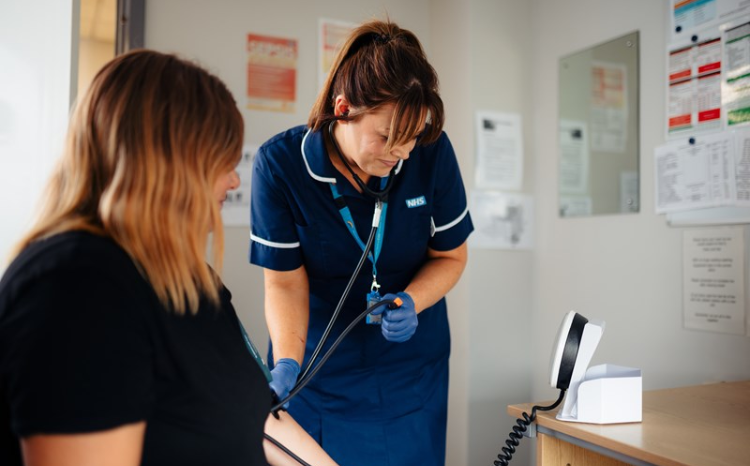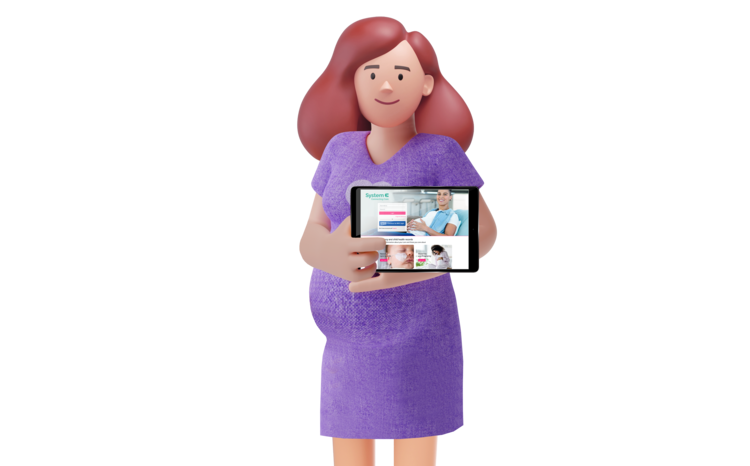Birmingham Women’s goes live with iPM
- 24 May 2006
Birmingham Women’s Health Care NHS Trust has gone live with a new NHS Connecting for Health patient administration system provided by local service provider Computer Sciences Corporation.
The specialist trust migrated from its old McKesson TPA PAS to the new iPM system, supplied by iSoft, over the weekend of 21-22 April and was up and running by 23 April.
A spokesperson for the trust told E-Health Insider that the move had "gone quite smoothly, probably one of the smoothest ones in this part of Birmingham". The highly specialised trust is a single site hospital with about 200 beds, and provides the majority of care on an outpatient basis.
In a statement the trust told EHI: "Birmingham Women’s Health Care NHS Trust went ‘live’ with the new iPM Lorenzo PAS system on the 24th April 2006. The project was considered a success and was hailed as one of the best PAS implementations in the West Midlands region to date.
"This was due to the hard work of the project team, trust and CSC staff, who planned and co-operated to a very high degree. The trust is now looking to follow Connecting for Health’s plans in its implementation of other trust clinical systems over the following years.”
Although the patient administration system (PAS) delivered by CSC is officially termed a ‘Lorenzo PAS’, this is understood to constitute the familiar iPM product together with some elements of Lorenzo technology rather than represent a new ‘Lorenzo’ product.
One of the key factors that enabled the go-live was the successful migration of the trust’s existing data. System C worked with the trust for six months to migrate its in-patient activity, out-patient appointments, both inpatient and outpatient waiting lists, diagnoses and procedures coding, case note locations and movements, and mother and baby links.
System C converted in excess of four million patient records to the trust’s new PAS. The transfer took place over a long weekend, and followed nearly six months of careful preparation.
Larry Rowe, the trust’s programme manager, commented: “Our go-live has been uneventful and the successful data migration played a significant role in that achievement.”
Despite the complexity of the process, System C said only 60 of the Birmingham trust’s 600,000 outpatient appointments could not be migrated automatically. However, these were identified by the migration process and processed manually by the trust after the go-live.
System C, which is sub-contracted to local service providers including CSC and Accenture, to help implement iSoft systems, says that it has now successfully transferred over 50 million patient records for NHS organisations moving to new IT systems.
The company says it is contracted to migrate a further 50 million records over the next six months.
Darryl Davies, System C’s data migration manager, said: “Poor data migration is the largest contributor to unsuccessful PAS deployments so we have a very responsible role,” he said.
According to System C the successful migration from a McKesson PAS means that it has now migrated data from all major legacy systems including IRC PAS, Totalcare, KPAS and various iSOFT systems, as part of the national programme.




